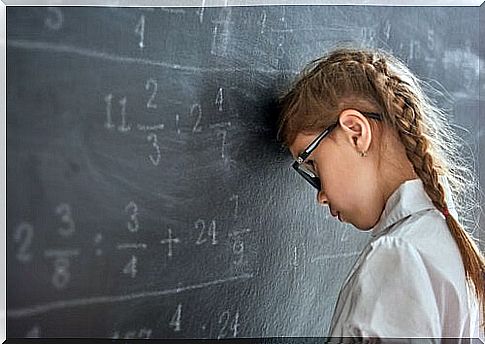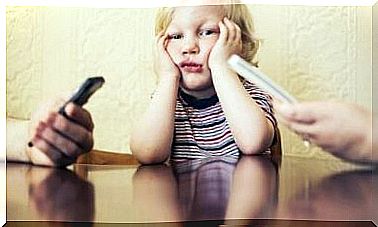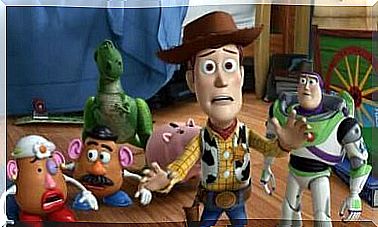My Child Fails At School – Why?

In this article, we will look at some of the reasons and factors that influence failure in school. It refers to not meeting the minimum academic requirements set by the education system. In many countries, a large number of children fail to meet these standards.
First of all, it is worth distinguishing between failing in school and dropping out. Students who drop out may be able to meet the required academic standards but do not complete the compulsory, secondary education due to their own choice.
The term “failure” is in itself controversial. It involves individuals who do not have formal educational qualifications have failed in their lives as a whole. It also goes hand in hand with the idea that it is the student who should be blamed.
In fact, both teachers, parents, the education system and the state play a role when students fail in school.

Let’s look at some of the main reasons for academic failure:
Reasons to fail in school
- Lack of motivation or interest in the student. This is typically more common in high school or high school than in elementary school. Students who lack motivation often have parents who do not fulfill their role as guides and mentors. Children and young people can easily be led astray if there is no one to teach them the right way forward.
- Intellectual underbalance. Students with cognitive limitations represent a surprisingly small percentage of those who fail to meet minimum requirements within the education system. Studies show that about 2% of students struggle to process concepts, work processes, and information.
- Learning difficulties. Dyslexia and dyscalculia (problems with numbers) are often problems among school-age children, and contribute to a large proportion of cases with problems at school.
- Vision problems. Strange as it may sound, myopia or other eye problems can lead to a great deal of frustration in school.
- Family and sociocultural background. The conditions we live under can affect our ability to perform at school or at work. This does not necessarily mean that children of parents with higher qualifications we do better in school. However, there are studies that contradict this link.
- Poor teaching. As in any job, there are good teachers and bad teachers. A teacher’s ability to clearly transfer knowledge, treat students fairly, and manage their classes can make a big difference in students’ performance. However, there is another condition: when a student fails in school, a bad teacher is rarely the only reason.
Other factors that lead to failure in school
In addition to the above reasons, there are also other factors that can affect a child’s performance in school.
The first factor to consider is the emotional context. It includes a child’s interpersonal relationships (with family members and peers), as well as his or her own emotional balance and ability to control their emotions and behaviors.
Another factor that influences is the weight of the educational success of the child’s family. Parents need to set an example, and provide support for school-age children. They should show empathy in their struggles, and value their accomplishments.
Children need to be shown that school is not a waste of time. They will only appreciate education if they can see that it is the way to a better future.
Another lesson for parents is, not to measure how much children have learned, simply on the basis of their grades. School is much more than tests and exams: it is a place where they learn to function with others, socialize, clarify and solve problems.
With this in mind, we need to see education as a whole, and not get caught up in the statistics.

Finally, socio-economic conditions play an undeniable role in children’s performance in school. According to The Spirit Level, an influential study of inequality by British authors Richard Wilkinson and Kate Pickett, there is a very close relationship between the degree of poverty in a society and the educational skills of its children.
Educational failure in figures
Although some statistics also include students dropping out, there are some figures that give us an insight into how many children fail in school.
Studies by official bodies in Europe show that Spain and Portugal are the worst culprits, with around 20% of students failing in school, although these numbers have dropped drastically over the last decade.
Meanwhile, the figure is even lower elsewhere. Only 7% of students fail in Sweden, and in Croatia (2.8%), Slovenia (5%), Cyprus (5.3%) and Poland (5.3%)









